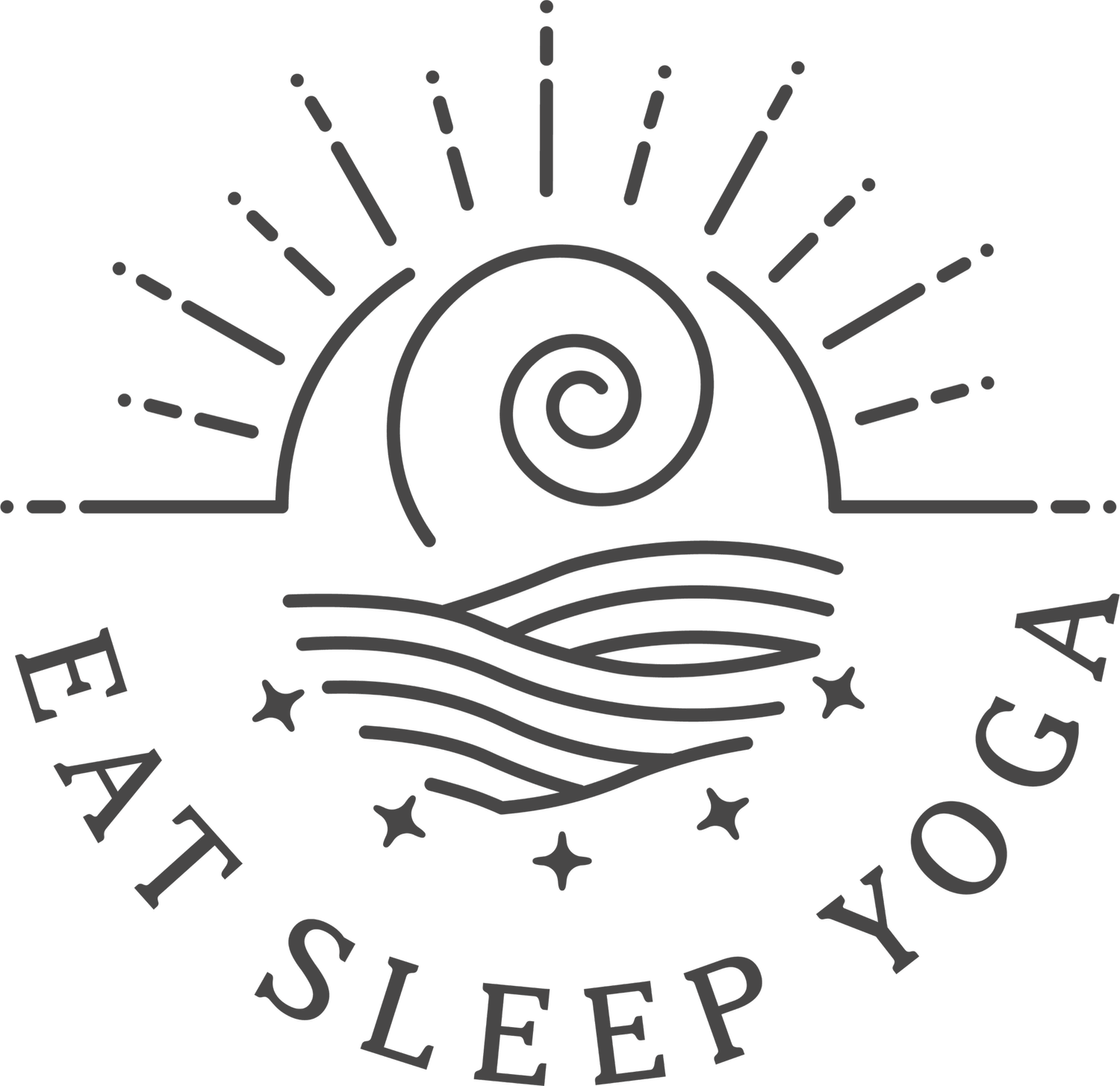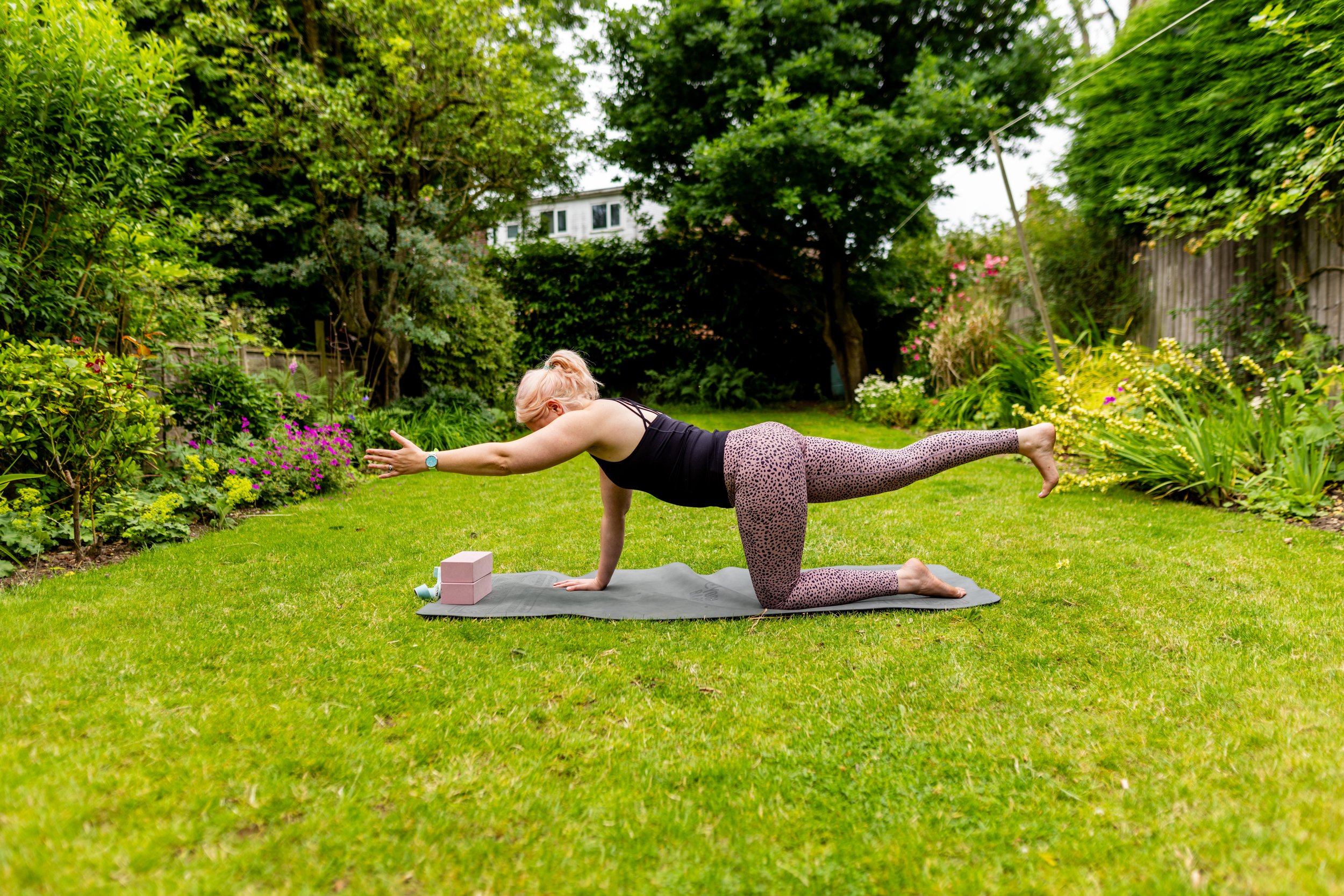Is your core impacting your Yoga practice?
Your core is the centre of your world, whether you are running a marathon or picking the shopping out of the car, all the movement and strength comes from your core. Your core is used in every yoga pose too - even if you don't realise it!
We're not just talking about using your 6-pack muscles here, your core connects your upper & lower body, it includes your diaphragm (for breathing), your Pelvic Floor (to control pressure inside your torso), muscles around your lower back and pelvis, upper back and shoulders. It's all connected!
Your core muscles are some of the most important muscles in your body, protecting your vital organs but also helping you to sit, stand, fold forward, twist and maintain good posture. A strong core = full body power! It helps you balance better & feel more stable, prevents injuries and improves your overall coordination.
If your core muscles are weak & inflexible, this can cause problems all over your body during your Yoga practice. Including:
Lack of upper body strength
Do your arms feel like jelly in poses like Plank or Chaturanga? Or maybe you get wrist pain during weightbearing poses? When your core muscles aren't strong or you aren't using them properly, this can cause other muscles to take the weight instead, making your arms & shoulders feel weak during certain poses.
Lack of lower body strength
Do your legs feel weak during standing poses like Warrior 1 & Warrior 2? If you are unable to hold a standing pose for 5-10 deep breaths, your core strength could be the cause. A weak core can cause your pelvis & your spine to be unstable, leading to poor posture & back pain and weakness in the lower body.
Struggling with balancing poses
Do you struggle to keep your balance in poses like Tree or Warrior 3? A strong core helps build strength in your feet, ankles, legs & hips (it's all connected remember!) and can help you feel more stable in your whole body.
Tiredness
Do you feel tired in the middle of a Yoga class? It could be because your weak core is sapping power from your muscles when you move in/out and during a pose. When your muscles are tired, it becomes hard to keep your alignment and you may be more prone to injuries.
Unable to take a deep breath
Can you take a deep breath when in a pose? A strong & flexible core includes your diaphragm which helps you take a full 360 breath into your ribcage and down into your belly. If you diaphragm isn't working as it should, this won't be able to happen!
Your core is also linked to your Solar Plexus Chakra
This energy centre is responsible for your self-esteem, your self-trust and your willpower and is located just above your belly button. When we develop a strong & flexible core we bring this chakra into balance, building our inner strength and helping us feel more confident physically & mentally.
If you have noticed any of these problems in your Yoga practice, what can you do about it?
Maybe you have tried to develop strong core muscles previously, but didn't get the results you wanted. Or maybe you think that to develop a strong core, you need to get really sweaty and do 100's of crunches. The good news is, that you can build a strong & flexible core with a consistent Yoga practice! Just one or two Yoga classes each week, or a couple of 15/20 minute targeted core sessions will help you develop strong & flexible core muscles, have a better understanding of your body and feel more confident.
My approach to core strength is to look at the whole body, rather than "spot treat" problems.
Things I look for when helping you develop core strength:
How are your feet? Can you move your feet easily? Do you wear slippers all the time at home?
What is your calf strength like? Do you strengthen & stretch your calves?
Are your hips tight? Do you spend a lot of time driving/sitting at a desk?
Do you have any problems with your Pelvic floor? Are you connected to your Pelvic Floor?
How is your breathing? Do you breath from your shoulders or your diaphragm?
Do you have a good range of motion in your upper back & shoulders?
What's your mindset like? How do you truly feel about yourself?
If you want to develop a strong & flexible core, I strongly recommend that you spend a little time asking yourself these questions and do a bit of self-inquiry. Your core is SO MUCH more than just your 6-pack muscles, it impacts your whole body (and your mental health too!) and with a bit of consistency, you can see huge changes in your Yoga practice and off the mat too.
It's never too late to start developing your core strength and prevention is better than the cure, so if you want to feel stronger, more motivated, less likely to get injured and more balanced - start building some strength in your core today!
Don't forget to follow me on social media for more Women's health & building strength through Yoga tips!
Facebook: @eatsleepyogauk
Instagram: @eatsleepyogauk

